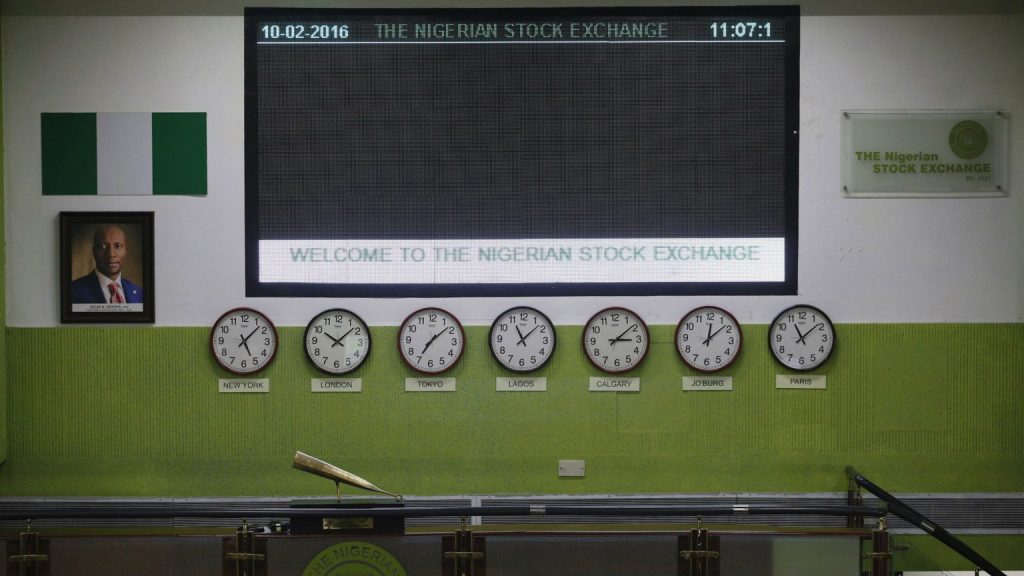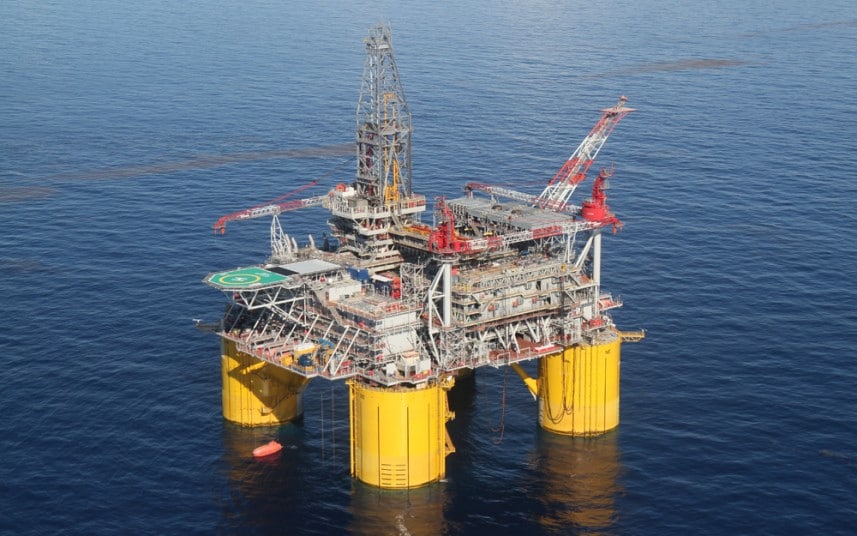Nigeria’s inflation slowed to its lowest in 30 months as the Nigerian government began to release funding for its 9.12 trillion naira record 2018 budget in June. According to the Nigerian Bureau of Statistics, food costs and consumer prices in Nigeria rose at the slowest pace since 2016 in June of this year. Annual consumer inflation rate was also 11 percent year on year while it was 11.6 percent from May. Food prices also increased 12.98 percent year on year.
However, inflation might still pick up the pace as Nigeria will release more funding for its 2018 budget, and as preparations for the 2019 presidential elections heat up.
Below is the Ventures Africa Weekly Economic Index, for the week ending 20th of July 2018. This economic index gives you a glimpse into other recent activities in Nigeria’s economy as well as changes and prices that could affect the economy:
Nigerian Stock Exchange

Data released by the Nigerian Stock Exchange (NSE), as of 20th July 2018, showed that the All-Share Index depreciated by 2.11 percent from the previous week ending 13th July 2018. Market capitalization at the close of trading during the week under review was N13.260 trillion, a 2.11 percent decrease from N13.546 trillion recorded the previous week. The All Share-Index for the week under review closed at 36,603.44.
Top five price gainers and decliners in the week under review:
Top five price gainers
Linkage Assurance Plc.
Sovereign Trust Insurance Plc.
Cement Co. of North. Nig. Plc.
Nigerian Aviation Handling Company Plc.
Law Union and Rock INS Plc.
Top five price decliners
Union Diagnostic & Clinical Services Plc.
Capital Oil
Tantalizers Plc.
Neimeth International Pharmaceuticals Plc.
Sunu Assurances Nigeria Plc.
How did the Naira fare?

The value of the Naira against the dollar appreciated in the week under review. The naira appreciated from N362/$ recorded on the 13th of July, 2018, to N360/$ on the 20th of July, 2018.
How did the price of oil fare?

Brent Oil prices began the week at $73 per barrel, but by 20th of July 2018, it had taken a dip to lower than $72 per barrel. This was due in part to the fallout of the meeting between US president Donald Trump and Russian President Vladimir Putin in Helsinki last week as traders eyed a potential oil supply increase.







